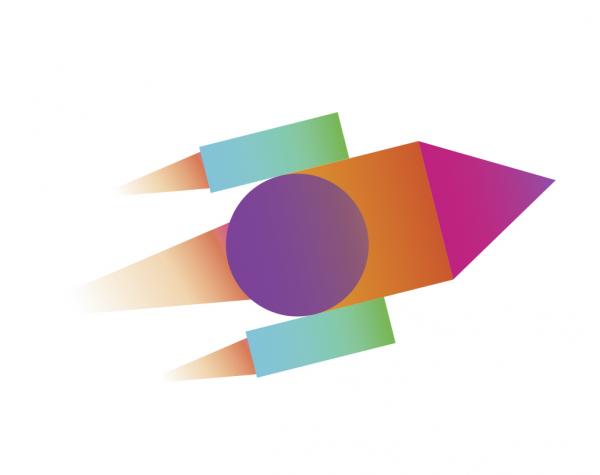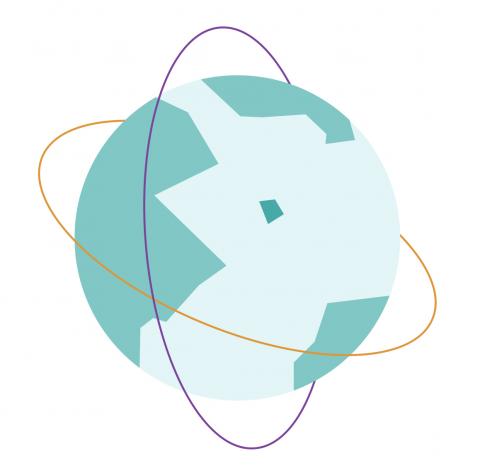Taking steps to futureproof our business
If 2020 taught us anything about life it is how quickly things can change. Unexpected events like COVID-19 had a major impact on peoples’ lives, and as a result for most of us, a new normal has emerged. While no-one predicted a global pandemic in 2020 when reflecting on future risks, the reality has intensified the importance of thinking about the future and the what-ifs. The ongoing work of our “Think 2030” taskforce has never been more relevant.

The driving force behind Ageas’s Think 2030 initiative was to develop ways and means to promote long-term thinking in the Group. The goal was never to predict the future but more to futureproof ourselves and those we support based on knowledge and data, ensuring the right things are always on our radar and integrated into our strategic thinking. As an employer, a partner, and a service provider to our customers, we feel it is our responsibility to take a long-term perspective.
Looking at the horizon
Through a combination of human and artificial intelligence (AI) Ageas conducts regular horizon scans to help detect the most significant emerging trends and asses when they are likely to mature.

By combining an inside-out and outside-in approach Ageas has the capacity to capture the speed and significance of emerging trends in an actionable way. Afterall, it’s not what you learn but how you apply what you learn that matters.
Based on what we learn we categorise the different trends and allocate actions against them based on whether they are already here and happening today, evolving faster than we think, worthy of further investigation or just worth observing for now.
More people… More data… leads to future trends
In 2020, over 1,200 people participated in our annual Horizon Scan from across Europe and Asia, more than ever before. And we trebled our data insights through AI which helped ensure the results were even more granular including an analysis of 70 million documents from 2,500 data sources.
This year trends with the strongest traction were linked to Non-Life followed by Health and Life. Globally relevant trends included Insurtech, Fintech, and technology reliance, customer convenience, big data, and extreme weather events. Short-term trends with high impact are trending equally in Europe and Asia: typically related to consumer behaviour, data, and digital health.

COVID-19 creates a new normal
But this year we cannot underplay the impact COVID-19 has had on peoples’ perceptions and priorities. Consequently, new trends have emerged while others have accelerated: a new normal for our industry has materialised around the Future of Work: digital nomads (being able to work from anywhere), remote workforce and unemployment have all gained significant traction short-term, while other trends such as the sharing economy have slowed down, for now at least. We also saw changes in trends around Mobility & Urbanization slowing down as a consequence of local and regional confinements, as well as around Consumer behaviour reflecting accelerated digitisation and a temporary shift away from physical experiences.
Some of the changes may be more temporary in nature; others reflect what we believe will be a more permanent situation. It is one of the reasons why we will increase the frequency of our trends’ analysis moving forward ensuring we continually take a temperature check.
